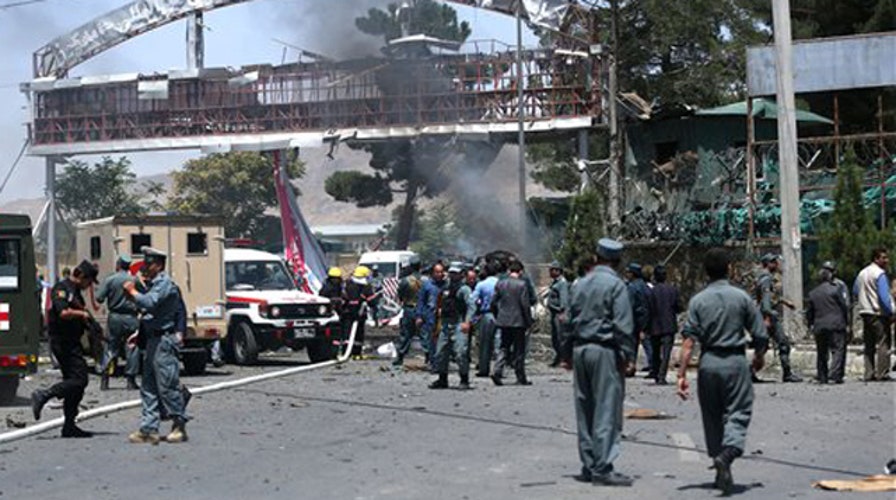Is Turkey complicating US fight against ISIS?
Jacob Shapiro on how expanded Turkish influence is helping and hurting
As mobs blazed through his neighborhood in the Turkish capital, attacking Kurdish political party offices, shops and associations, Sulhattin Atas watched them torch his two fruit trucks.
“We’ve lived in Ankara for 35 years and never experienced anything like this,” said the 54-year-old Kurdish resident of Altindag, an ethnically mixed working-class district. “Next, it may be our house that gets burnt, or us.”
Throngs of young people driving around the neighborhood in cars draped with Turkish flags at night fired occasional shots in the air. Amid concern that attacks and vandalism could spark clashes as Kurdish residents complained of delayed police responses, authorities deployed riot squads in Altindag.
We just watched this havoc for two days, but if they come again, we will defend ourselves,” said Cumali Tastan, chairman of a local Kurdish businessmen’s association. Its office was destroyed and looted by the unidentified attackers.
Public fury has been rising across Turkey amid mounting attacks by the Kurdistan Workers’ Party, or PKK, which killed 30 soldiers and policemen in the span of 48 hours this week. The government has responded to PKK assaults with airstrikes, military raids and curfews in the country’s southeast, where emergency measures and alleged civilian deaths are fueling anger at the state in the majority Kurdish regions.
“We don’t want a military operation, we want a massacre,” chanted thousands marching in central Istanbul. “Martyrs don’t die, the homeland is indivisible.”
As a resurgent conflict between Turkey and the PKK erodes the prospect of resuming three-year-old peace talks, mounting unrest is tearing at the nation’s delicate social fabric, threatening broad civil unrest just before early elections in November.
With nationalists’ ire now turned to the country’s largest ethnic minority, both Turks and Kurds fear a re-emergence of tensions that have periodically plagued Turkey, plunging it into bouts of violence, derailing its economy and demolishing reconciliation efforts across a diverse society.
Most of this week’s attacks were aimed at the pro-Kurdish Peoples’ Democratic Party, or HDP, but various media organizations were also targeted as government supporters and critics blamed each other for the resumption of hostilities that have killed 40,000 people in the past three decades.
“It is becoming impossible to hold an election given the security situation,” said Selahattin Demirtas, leader of the HDP.

